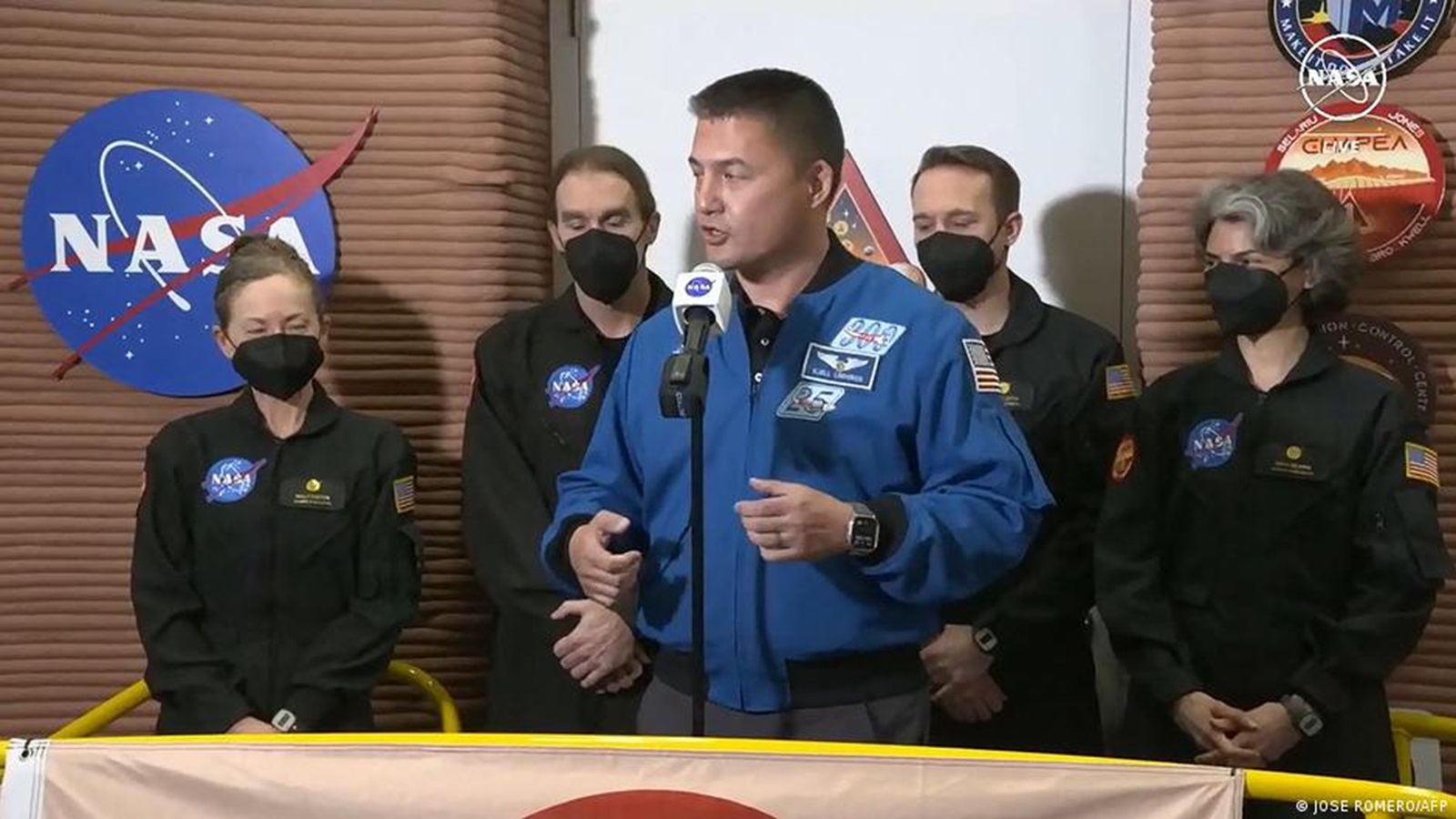Google is taking immediate action to rectify inaccurate results produced by its AI Overview feature, which is powered by Gemini. The tool, which offers quick answers with summaries generated by AI, has recently faced criticism for suggesting eating rocks as part of a diet or applying glue on pizza. This feature is part of Google’s larger AI tool Gemini, which was introduced last year in three different sizes for data centers and mobile devices.
Some users who have tested the AI Overview feature have shared incorrect answers they received, such as the recommendation to eat rocks from geologists at the University of Berkeley. Another user shared that the tool recommended using non-toxic glue on pizza to melt the cheese with the dough. These responses are considered hallucinations, which may include biased or erroneous information not supported by data.
Google has acknowledged these issues and is working on swift measures to eliminate these inaccurate responses. The company aims to enhance its systems by using these examples of incorrect answers as a basis. The goal is to improve the tool’s ability to provide high-quality information and avoid generating general descriptions in certain queries that could lead to misleading information.
In addition to addressing these inaccuracies, Google is also working towards broader improvements in its content policies to prevent similar issues from happening in the future. This incident highlights the challenges of implementing AI technology and the importance of refining algorithms to deliver reliable and accurate information to users.
Google’s AI Overview feature was introduced last year as part of its larger AI tool Gemini, which includes three different sizes for data centers and mobile devices. While this tool has been praised for its speed and convenience, recent criticisms have raised concerns about its accuracy and reliability.
Some users who have tested the feature have shared incorrect answers they received, such as recommendations for eating rocks or applying glue on pizza. These responses are considered hallucinations, which may include biased or erroneous information not supported by data.
Google has acknowledged these issues and is working quickly to address them. The company aims to improve its systems by using examples of incorrect answers as a basis for refining algorithms that deliver reliable and accurate information to users.
In addition to improving accuracy, Google is also working towards broader improvements in its content policies to prevent similar issues from happening in the future.
This incident underscores the challenges of implementing AI technology and highlights the importance of refining algorithms to deliver trustworthy information that meets user needs accurately.
Overall, Google’s commitment towards addressing these concerns shows their dedication towards providing quality services that meet user expectations accurately while avoiding misleading them with false information through their AI-powered tools like overviews feature powered by gemini







:quality(75)/cloudfront-us-east-1.images.arcpublishing.com/elcomercio/VCMODSHKF5FNXD5IKGIEI4QMLY.jpg)





+ There are no comments
Add yours